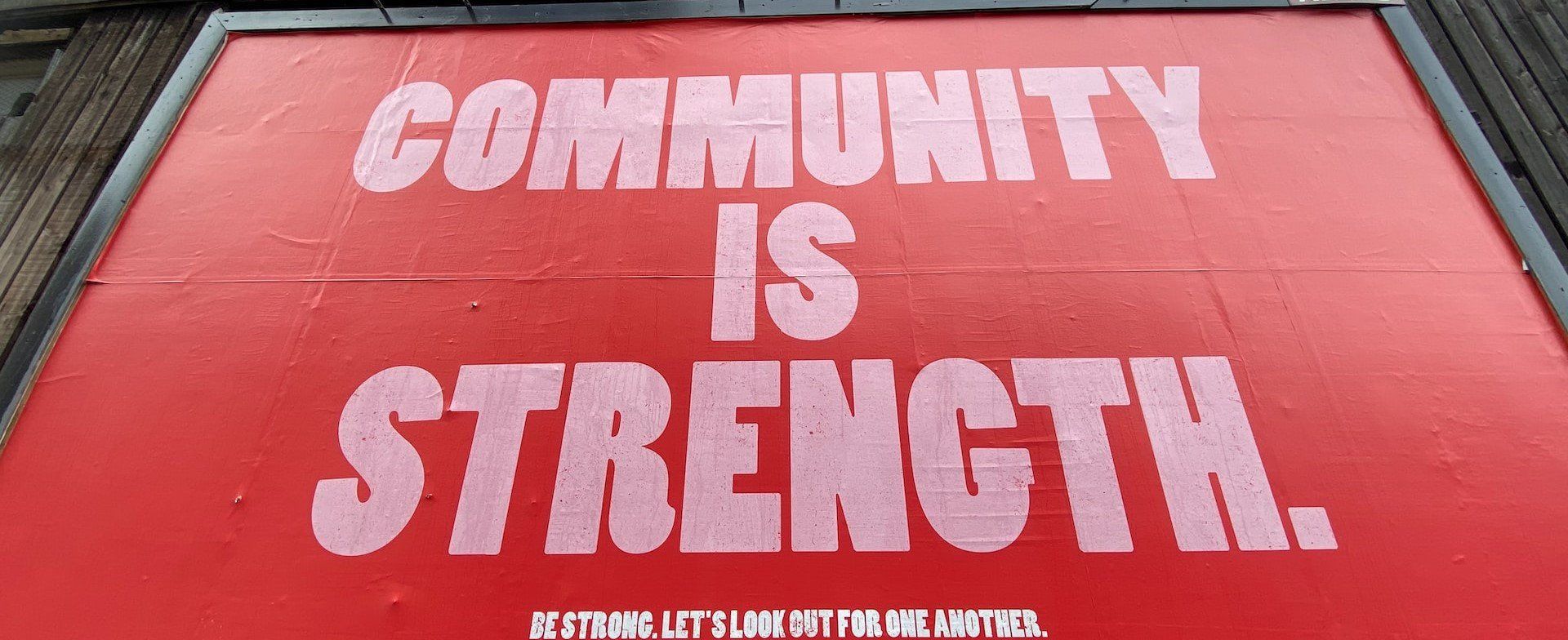Learn more about my book "The Courageous Ask"
The Board Member Conundrum
Board members have chosen a unique form of leadership, often based on their own passions, experiences, and missions in life….among other reasons.
The experience of serving on a board of directors is just as varied as being the executive out front.
There are ups and downs. There are successes and failures. There are benefits and drawbacks. There are smiles and frowns. But both the board of directors and the executive should be moving in the same direction, and their motivations should be similar as they work to fulfill the mission of an organization.
I have served on many nonprofit boards of directors. At one point, I was on seven at the same time. Craziness. I really enjoy being on nonprofit boards and believe strongly that everyone should sit on boards whenever possible.
Joining a board allows people the chance to network, as well as to gain a new skill set or improve an old one. Working with a group to make decisions helps a person perfect the art of persuasion. Being on a board helps develop character in a tangible way. It can be much more than simply another line on a résumé.
People join boards for much more personal reasons too. Some want to be the answer to someone hurting and in need. The board member finds that serving on a board brings personal fulfillment as they pay it forward and give back. Serving on a board may actually bring balance to their life.
Most times these personal reasons for joining a board come from deep within. These passions and desires, along with the tremendous potential of the organization, easily outweigh any facets of the role that are frustrating and difficult.
(This blog focuses on starting a conversation centered on preventing the fall of nonprofit leaders. I write it from a Christian perspective, but all leaders will benefit. Be sure to sign up to receive these articles via email every Tuesday at
briankreeger.com as well as taking a look at previous blog articles. In addition to receiving these articles two days before they hit social media, you will receive the article "5 Early Indicators of a Christian Nonprofit Leadership Fall" along with the Contents, Introduction and the Appendix (My story) of my book,
The Courageous Ask: A Proactive Approach to Prevent the Fall of Christian Nonprofit Leaders.)
In my experience, being on a board can be so gratifying. But the role of the board does not stop with all of the gratifying parts.
In many ways, the board is much more important than the executive themselves.
The board is the entity.
Although the organizational leader hired by the board certainly has their legal and moral responsibilities, in all aspects of the organization, the buck stops with the board. As such, their ethical, legal, insurance, monetary, and fiscal responsibilities are to that entity. The board of directors is expected and legally bound to duties of good faith, due care, and loyalty.
These factors make the board the organization’s true leadership. This is sometimes forgotten, as the board operates most times in the background and not out in the public or among volunteers and clients.
Just like the executive leader, we must always remember that the board member is human too, and this can lead to quite a conundrum.
Balance.
Maintaining balance can be quite a conundrum as an individual on a board and in the board member’s role as the conscience and overseer of the organization.
The board member has a life outside the organization that must always take priority over their volunteer board role. Usually they have a family and a career.
The reasons they joined the board are important to them, and they feel like they are making an impact through their membership. They want to do their best for the organization, and sometimes that takes them away from their family. They feel guilty when the organization needs them or when the executive needs them.
But it’s not like the pressure and guilt they feel when their family needs them.
Despite the board member’s motivation and ambition, they could also be placed in difficult positions. There are any number of decisions that need to be made by a board of directors that could potentially have devastating results no matter what decision is made. For instance, finding the proper balance between the accountability to a job description for the executive and their humanness can be extremely difficult.
Being a board member forces a conscious balancing of personal life, board life, and the relationships in both. That’s not always easy, especially when one group overlaps with another such as if a friend or relative is involved in the organization’s leadership.
This balancing of board responsibilities and management of relationships, along with the decisions that need to be made in all of their roles, can be just as heart-wrenching as any experience the executive encounters.
Board members, you made the choice to join the board after considering the very rewarding reasons to become a board member, while also measuring the drawbacks that come with that membership. I honor you. You are in the minority of the people around you and are to be applauded.
As I mention a lot in my blog articles, leadership is hard. Both the board and the executive are leaders with their own sets of incredibly satisfying attributes and the challenges that come along with those attributes.
The executive is the one closest to the ever-changing successes and challenges of an organization, and it is imperative that the relationship between the leadership of the board and the executive is solid, so they can react to a changing world and business environment.
Mother Teresa once said, “You can do what I cannot do. I can do what you cannot do. Together we can do great things.”
Both the executive
and the individuals on a board have made the choice to be in their positions for one reason or another. In most cases, they are only in their position through the approval of the other. When they started in their positions their goals were common goals for the organization.
The more respect shared between the board of directors and the executive -as individuals and in their roles- the more likely the organization is to succeed in their mission and changing the world.
Serving as part of a board
of directors comes with its conundrums. It is not always easy.
The relationship a board has with their executive should not be one of those conundrums. Both the board and executive need to create the opportunity for a relationship that can flow naturally.
This is vital in the governance and operation of a nonprofit and can be the difference between success and failure.
Be Courageous!
Be Proactive!
Be sure to sign up to receive these articles via email every Tuesday at
briankreeger.com. In addition to receiving these articles two days before they hit social media, you will receive the article "5 Early Indicators of a Christian Nonprofit Leadership Fall" along with the Contents, Introduction and the Appendix (My Story) of my book,
The Courageous Ask: A Proactive Approach to Prevent the Fall of Christian Nonprofit Leaders.
#LeadershipFall #LeadershipSurvival #NonprofitRelationships #ProactiveApproach #LeadershipStruggles #LeadershipBattles #ChristianExecutiveLeader #ChristianLeader #CourageousAsk #Proactive #ProactiveLeadership #NonprofitLeadership #ExecutiveLeadership #BoardOfDirectors #BoardConundrum #BoardLeadership #BoardEntity #LifeBalance #BoardBalance






